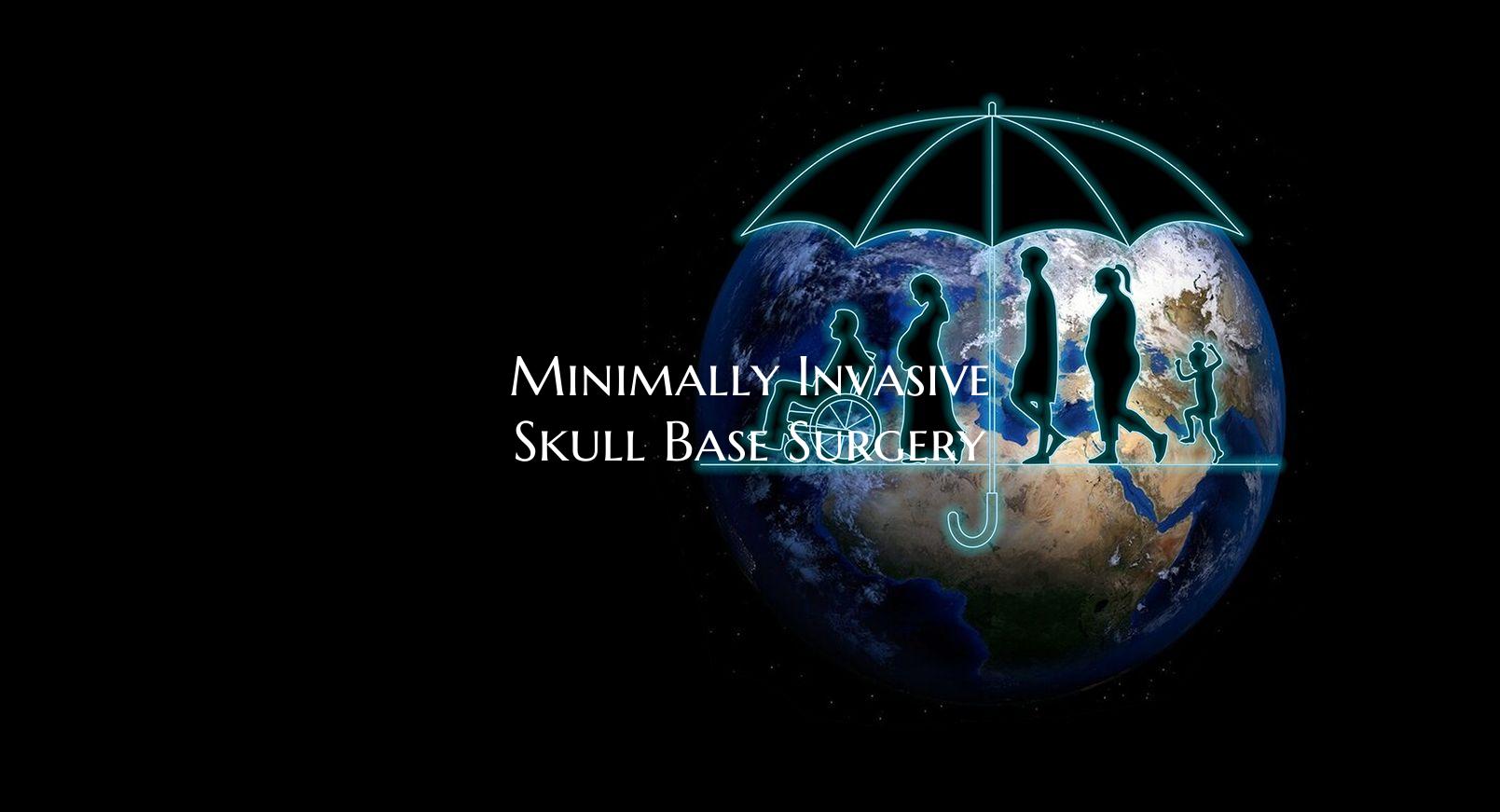
Minimally Invasive Skull Base Surgery
Introduction: Skull base surgery is a complex procedure that involves accessing and treating lesions, tumors, or abnormalities at the base of the skull. Traditional open surgeries for skull base conditions often require larger incisions, longer recovery times, and increased risks. However, advances in medical technology have led to the development of minimally invasive skull base surgery, revolutionizing the field with its numerous benefits.
Benefits of Minimally Invasive Skull Base Surgery:
1. Enhanced Precision: Minimally invasive techniques allow surgeons to navigate intricate pathways with greater precision using specialized tools such as endoscopes and robotic assistance. This precision minimizes the risk of damaging surrounding structures and tissues, leading to improved surgical outcomes.
2. Reduced Trauma: Compared to traditional open surgeries, minimally invasive skull base surgery involves smaller incisions, resulting in reduced trauma to the body. This leads to less pain, decreased blood loss, and shorter hospital stays for patients, promoting a faster recovery process.
3. Lower Infection Risk: The smaller incisions associated with minimally invasive approaches reduce the risk of post-operative infections. This is particularly beneficial for skull base surgeries, where the proximity to critical structures and the risk of complications make infection prevention crucial.
4. Quicker Return to Normal Activities: Patients undergoing minimally invasive skull base surgery typically experience a quicker recovery time compared to those undergoing traditional open procedures. The reduced trauma, minimal scarring, and faster healing contribute to a shorter recovery period, allowing patients to return to their normal activities sooner.
5. Improved Cosmetic Outcome: Due to the smaller incisions and reduced tissue disruption, minimally invasive skull base surgeries often result in improved cosmetic outcomes. Patients may experience less visible scarring and a more aesthetically pleasing result following the procedure.
Conclusion: Minimally invasive skull base surgery offers numerous benefits, including enhanced precision, reduced trauma, lower infection risk, quicker recovery, and improved cosmetic outcomes. As technology continues to advance, these benefits are likely to expand, making minimally invasive approaches the preferred choice for treating skull base conditions. Patients considering skull base surgery should consult with a skilled neurosurgeon or otolaryngologist to determine if minimally invasive techniques are suitable for their specific condition.